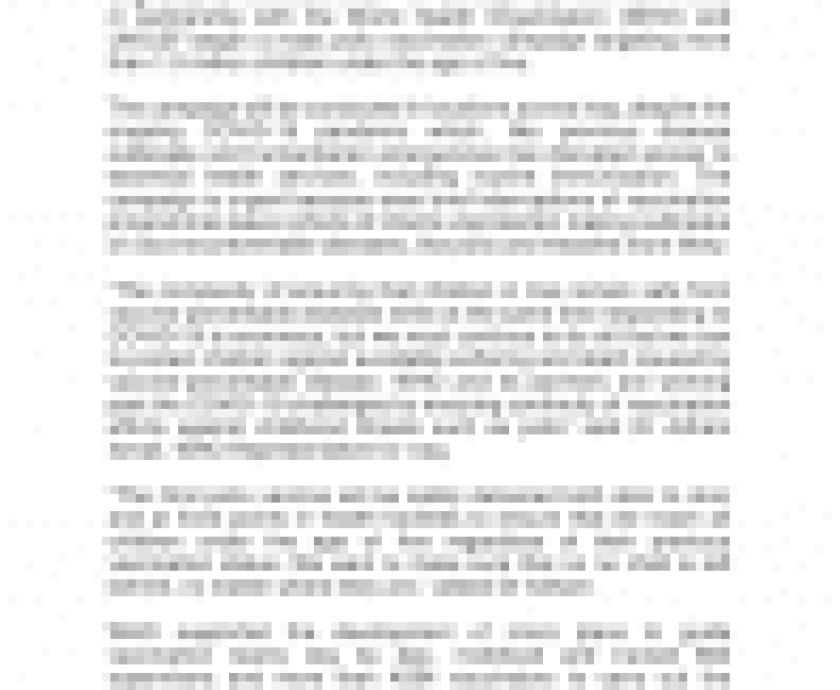Click to expand Image
The team and supporters of the Belarusian human rights organization “Human Constanta.”
© 2022 Human Constanta
Last year, Belarusian authorities redoubled their crackdown on civil society, shutting down hundreds of civic organizations and prosecuting and harassing human rights defenders and their families. This year is starting out no differently.
On January 13, the Minsk City Prosecutor ordered the website of Human Constanta, a prominent human rights organization working on digital rights and protecting the rights of non-Belarusian citizens, be blocked. The prosecutor falsely accused the group of spreading information that “undermined the authority” of the state and “incited hatred.” Authorities had already shut down Human Constanta’s legal entity in October 2021.
“For a while we have been unable to achieve structural change as authorities continuously ignored our appeals to them,” a human rights defender with Human Constanta told me. “But after the ‘liquidation’ began, some of our partners stopped cooperating with us. This impeded our ability to help people in need, making them even more vulnerable.”
Losing their legal entity brings serious risks for human rights organizations. On January 22, amendments to the criminal code will enter into force, reintroducing criminal liability for an individual’s involvement in unregistered and “liquidated” nongovernmental organizations. The “crime” is punishable by up to two years in prison.
But authorities are already prosecuting some rights defenders in connection with their work at unregistered organizations. Ales Bialiatski, founder and chairman of prominent rights group Viasna, as well as the organization’s deputy chairman Valiantsin Stefanovic and lawyer Uladzimir Labkovich, are currently behind bars on “tax evasion” charges. Allegations against them are tied to the absence of official registration. Since deregistering Viasna in 2003, authorities repeatedly refused to re-register the group.
Other Viasna members have been similarly targeted in Belarus’ crackdown. On January 14, an appeals court upheld the conviction of the group’s Homieĺ office head, Leanid Sudalenka, and volunteer Tatsiana Lasitsa. In November, they were sentenced to three and two-and-a-half years in prison, respectively, on politically motivated charges. They have already spent one year behind bars.
Belarusian authorities should stop their vicious reprisals against human rights groups and those working to help people in need. Continuing the onslaught could leave many even more marginalized.



